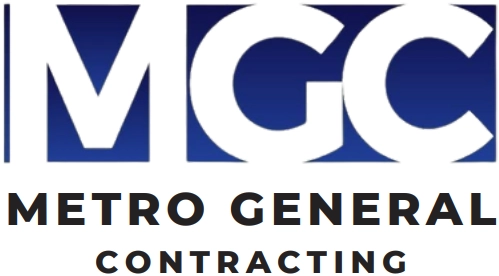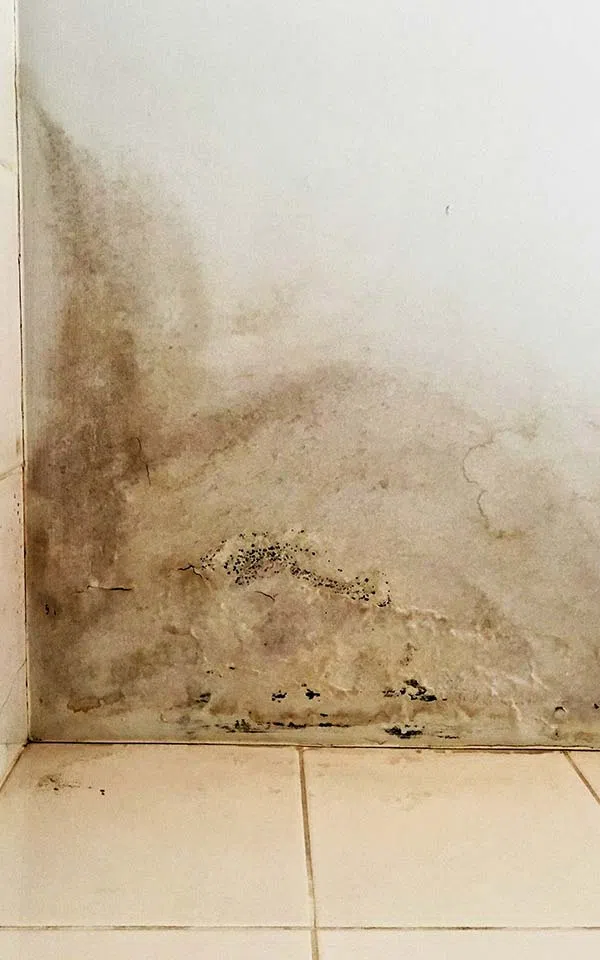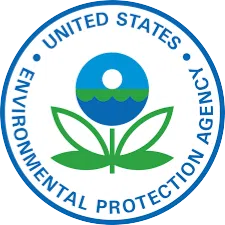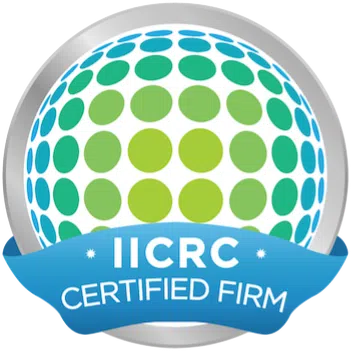There I was, minding my own business in my cozy space, when something on the wall caught my eye. A closer look sent a chill down my spine—it was mold. If you’ve ever found yourself inspecting your walls with a mix of shock and suspicion, you know the feeling. Discovering mold isn’t just about wiping it away; it could be a sign of something more serious lurking behind the scenes.
Mold isn’t just unsightly—it can bring health risks like coughing, itchy eyes, and even legal headaches over who’s responsible for fixing it. In this guide, you’ll learn how to spot mold early, understand the dangers of black mold, and discover the best ways to tackle this unwelcome intruder before it becomes a bigger problem.
The truth is, mold is hiding in the shadows—and finding it starts right here.
Key Points to Remember:
- Mold has a musty smell and often appears in black or green patches. Beyond being ugly, it can cause serious health issues.
Imagine this: you’re relaxing at home, but something’s off. A musty odor starts creeping in, making your nose wrinkle up like a detective sniffing out a mystery. Mold might have made an uninvited appearance in your home.
How to Tell if It’s Mold
It can sometimes be hard to tell if you’re dealing with mold or just some harmless dust bunnies. But there are clear signs to look for: mold tends to be fuzzy or slimy and loves to show off its colors—typically black, green, or even white. If you spot these telltale patches on your walls or ceiling tiles, it’s time to take action.
When mold gets too comfortable, it’s more than just an ugly nuisance—it can cause health problems too. If you start sneezing, feeling congested, or battling itchy eyes when you’re just trying to relax, it might be time to address the issue.
Will Mold Make You Sick?
Mold doesn’t just make itself at home—it could also bring some unwelcome health effects with it.
So, you’ve found mold—what now? If you’re experiencing symptoms like coughing, sneezing, or eye irritation after noticing black mold, it might be a good idea to consult with a doctor. Mold exposure can lead to a variety of health issues, so don’t ignore the signs. Getting checked out could help prevent further complications down the road—and could also serve as important documentation if legal action becomes necessary.
Immediate Steps When You Find Mold
1. Inform Your Landlord About the Mold
Finding mold in your apartment is like stumbling upon an unwelcome guest who refuses to leave. Your first step should be notifying your landlord. Depending on your state, you may be required to send a written notice before pursuing legal action. Whether it’s a quick email or a formal letter, make sure you document your concern. This serves as proof that you’ve alerted them about the issue, which could be important down the line if further action is needed.
2. See a Doctor if You Notice Health Symptoms
If you’re dealing with symptoms like excessive coughing, sneezing, or itchy eyes that seem to get worse near moldy spots, don’t wait around. See a medical professional to get checked out. Mold exposure can cause serious respiratory issues, and getting your symptoms documented early on could be important if you need to take legal steps later.
These actions are like navigating a mission—notify your landlord and take your health seriously right from the start.
MGC Restoration: Your Mold Removal Experts
If you’ve found suspicious odors or unsightly patches on your walls, chances are mold has made itself at home. But don’t worry—MGC Restoration is here to kick it out. Think of us as the bouncers for fungi—our experts specialize in professional mold removal and remediation.
MGC Restoration’s Comprehensive Mold Solutions
At MGC Restoration, we offer more than just mold testing. We provide a full spectrum of services to help eliminate mold for good. Our team inspects every nook and cranny with cutting-edge techniques, ensuring we catch even the most hidden mold colonies.
Once we’ve found the problem, we go all-in with non-destructive methods to remove the mold without damaging your space. Our process includes dry fogging to reach those hard-to-access spots and addressing high humidity levels that allow mold to thrive.
After we’re done, your apartment will be a lot less appealing to mold than a desert is to a scuba diver.
Preventing Future Mold Growth
Once mold shows up, it’s like that unwelcome party guest—it can be tough to get rid of. To keep mold from making a repeat appearance, let’s go over some key prevention tips.
Your Rights as a Renter
If you’re dealing with moisture problems in your apartment, know that the law is on your side. If your landlord fails to address water damage or high humidity—two main contributors to mold growth—you have the legal right to hold them accountable. High humidity is a particular concern in naturally humid climates, and some state laws even require landlords to take steps to prevent mold before it starts.
Make sure to research your state’s laws regarding landlord responsibilities, and don’t hesitate to seek professional help if mold is affecting your health. Mold issues can be a serious concern, and you should know your rights.
Take Action Against Mold in Your Apartment
When it comes to preventing mold, it’s about more than just cleaning. You need to manage humidity levels (ideally keeping it below 50%) and address any water intrusion issues promptly. Apartments are prone to water problems, but staying ahead of them can stop mold before it ever has the chance to settle in.
The key is regular cleaning and maintenance. Don’t wait until you’ve got a full-blown mold problem on your hands—stay proactive, and if the issue gets out of hand, don’t hesitate to call in the experts like MGC Restoration to take care of it.
Key Takeaway: Got mold? Don’t wait until it’s a major issue. Keep your humidity levels low, stay on top of regular cleaning, and understand your rights as a renter. For serious mold problems, it’s best to bring in professionals like MGC Restoration to handle the job right.
Professional Mold Testing: Why It’s Important
Think you’ve got mold in your apartment? It might be tricky to tell if it’s just dirt or if mold spores are setting up shop. That’s where professional testing comes in.
Mold inspectors are like detectives for fungus—they use advanced tools and techniques to uncover hidden mold growth and moisture problems that the average person might miss.
Why Certified Inspectors Matter
Certified mold inspectors have the expertise to assess your home thoroughly and accurately. They use non-invasive methods to inspect every nook and cranny, making sure nothing is overlooked. A proper inspection goes beyond spotting visible mold; it also determines how far the problem has spread.
At MGC Restoration, we use advanced dry fog technology to eliminate mold without damaging your home. Don’t guess about your mold problem—let the professionals map out a solution.
FAQs: What to Do If There’s Mold in Your Apartment
What happens if you get mold in your apartment?
Mold can cause allergies, damage belongings, and lead to expensive repairs if not addressed promptly.
Can mold in an apartment make you sick?
Yes, mold exposure can cause respiratory problems, headaches, and allergic reactions, especially in sensitive individuals.
How do you treat mold in an apartment?
Small mold patches can be cleaned with soap and water or vinegar. For larger infestations, call a professional mold removal service.
Whose responsibility is it to clean mold?
Typically, the landlord is responsible for cleaning mold unless it was caused by tenant neglect.
Conclusion
Discovering mold in your apartment is unsettling, but it’s not something you should ignore. From spotting early signs like musty smells and dark patches on your walls to taking action to protect your health and legal rights, addressing mold promptly is essential.
Remember, mold remediation goes beyond just cleaning—it involves notifying your landlord, seeking medical help if needed, and understanding your options, including your legal rights as a renter.
Stay vigilant, manage humidity levels, and don’t hesitate to call in professionals like MGC Restoration to make sure your home stays mold-free and safe to live in.



